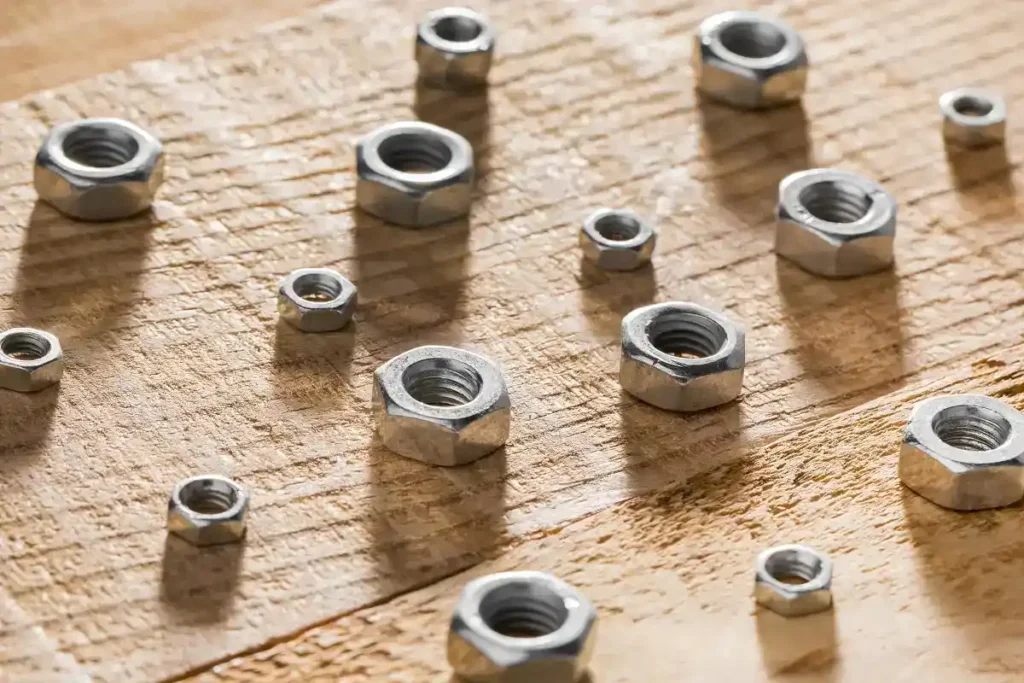When you’re running a manufacturing operation, every component matters. But some components deliver returns that ripple through your entire business. Precision ball screw assemblies are one of those game-changing investments that pay dividends far beyond their initial cost.
Understanding Ball Screw Assemblies
You might think of precision ball screw assemblies as simple mechanical components, but they’re actually sophisticated systems that convert rotational motion into linear motion with remarkable precision. Unlike traditional lead screws, these assemblies use ball bearings to reduce friction and increase efficiency. Think of them as the difference between dragging a heavy box across concrete versus rolling it on wheels.
Immediate Cost Savings Through Efficiency
Your energy bills should improve as well after upgrading to precision ball screws. These assemblies typically operate at 85-95% efficiency compared to 20-50% for conventional alternatives. This means less power consumption for the same output. Your motors work less hard, generate less heat, and consume significantly less electricity.
The efficiency gains compound quickly. A single CNC machine running 16 hours daily can save hundreds of dollars annually in energy costs alone. Multiply that across your entire operation, and you’re looking at substantial savings.
Reduced Maintenance and Downtime
Precision matters when it comes to longevity. High-quality ball screw assemblies can last 10-20 times longer than standard lead screws under similar conditions. You’ll spend less time replacing worn components and more time producing.
Unplanned downtime costs you money in multiple ways:
- Lost production time
- Emergency repair costs
- Overtime wages for catch-up work
- Potential customer delivery delays
When your equipment runs reliably, these costs disappear. Your maintenance schedule becomes predictable, allowing you to plan repairs during scheduled downtime rather than scrambling to fix failures during peak production.
Enhanced Product Quality and Consistency
Your customers expect consistent quality, and precision ball screws help you deliver it. The superior accuracy of these assemblies translates directly to better product tolerances and fewer defective parts. When your manufacturing processes are more precise, you reduce waste and rework.
This consistency builds your reputation. Satisfied customers become repeat customers. They refer new business your way. Quality becomes a competitive advantage that drives revenue growth.
Increased Production Speed and Throughput
Precision ball screws enable faster cycle times without sacrificing accuracy. Your machines can operate at higher speeds while maintaining the tight tolerances your products require. This increased throughput means more products per shift and higher revenue potential.
The math is straightforward: if you can increase production by even 10% with the same labor costs, your profit margins improve dramatically.
Long-term Competitive Advantages
Investing in precision components positions your business for future growth. As customer demands for quality increase and competition intensifies, you’ll already have the infrastructure to meet higher standards. Your precision capabilities become a selling point that differentiates you from competitors using older, less accurate systems.
Modern ball screw assemblies also integrate well with automation and Industry 4.0 initiatives. When you’re ready to add sensors, monitoring systems, or automated controls, precision assemblies provide the foundation for these advanced capabilities.
Calculating Your Return
Most businesses see payback periods of 12-24 months on precision ball screw investments. The exact timeline depends on your operating hours, energy costs, and production volume. However, the benefits extend far beyond the payback period, continuing to deliver value for years.
Your return comes from multiple sources: energy savings, reduced maintenance, less downtime, improved quality, and increased throughput. When you add these benefits together, precision ball screw assemblies often rank among the highest-ROI investments in manufacturing operations.
The question isn’t whether you can afford to upgrade—it’s whether you can afford not to.




… [Trackback]
[…] Find More Info here on that Topic: businessworldclass.com/precision-ball-screw-assemblies/ […]
… [Trackback]
[…] Find More Information here on that Topic: businessworldclass.com/precision-ball-screw-assemblies/ […]
… [Trackback]
[…] Find More on that Topic: businessworldclass.com/precision-ball-screw-assemblies/ […]
… [Trackback]
[…] Find More on on that Topic: businessworldclass.com/precision-ball-screw-assemblies/ […]
… [Trackback]
[…] Information to that Topic: businessworldclass.com/precision-ball-screw-assemblies/ […]